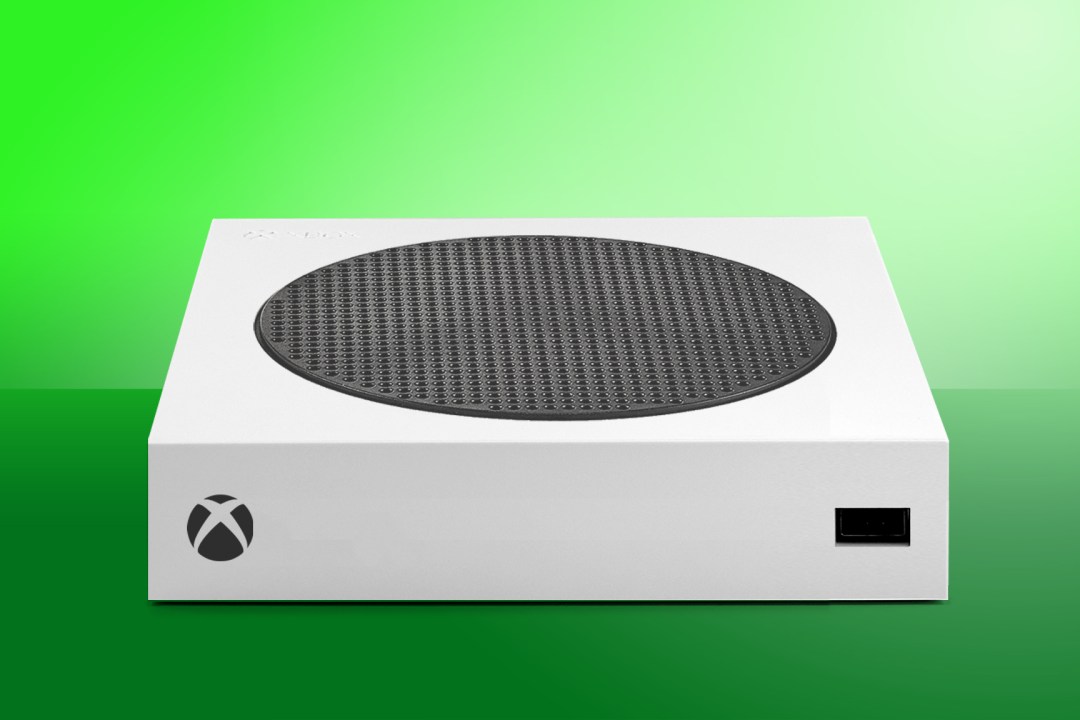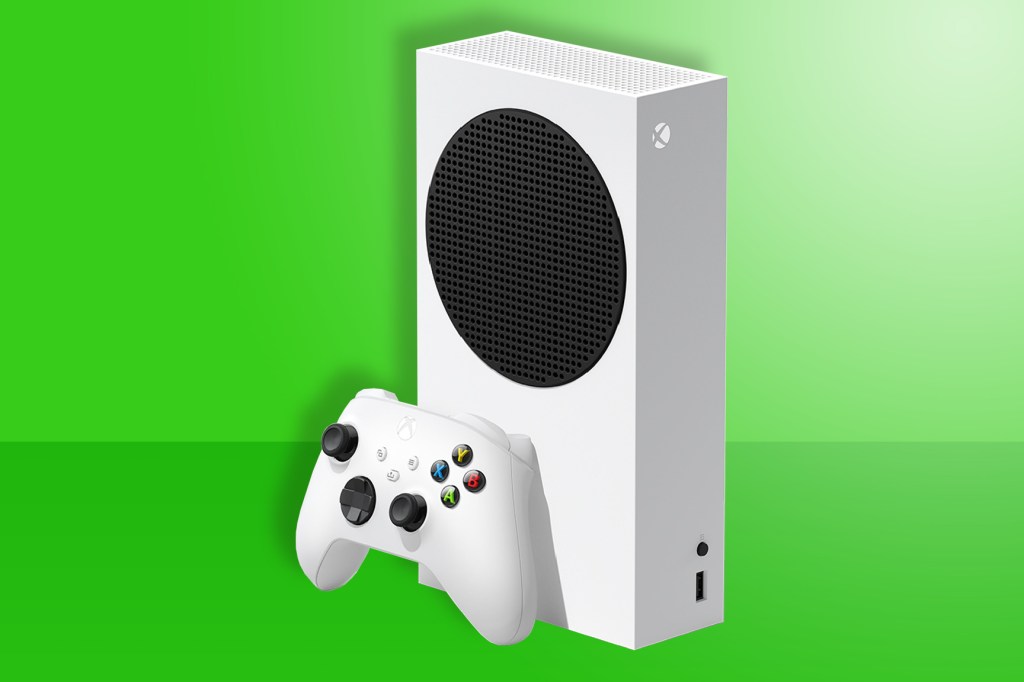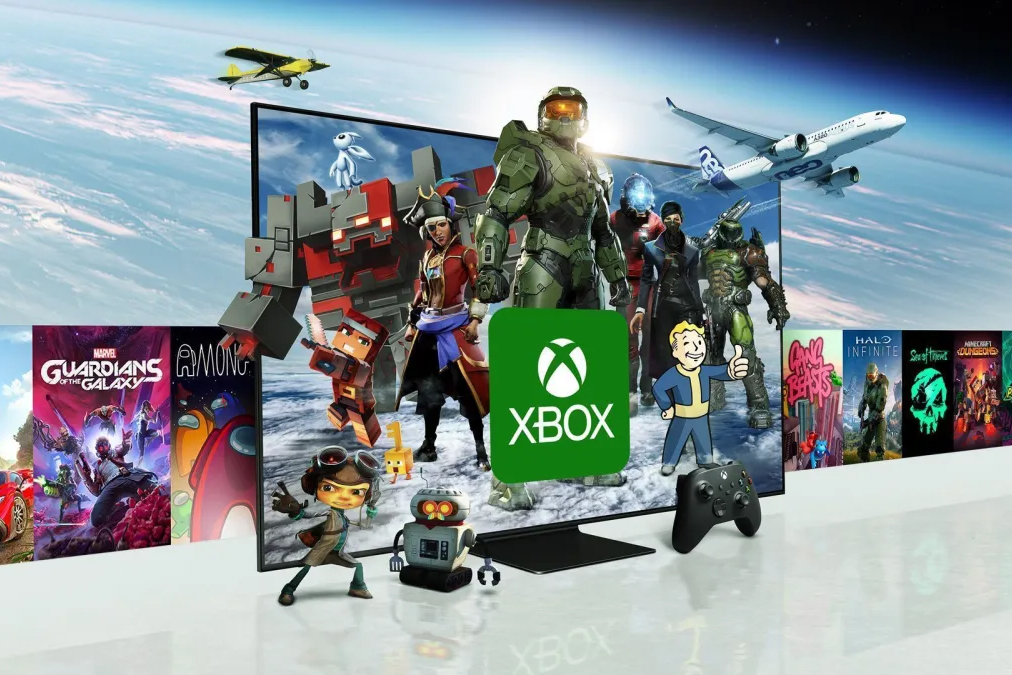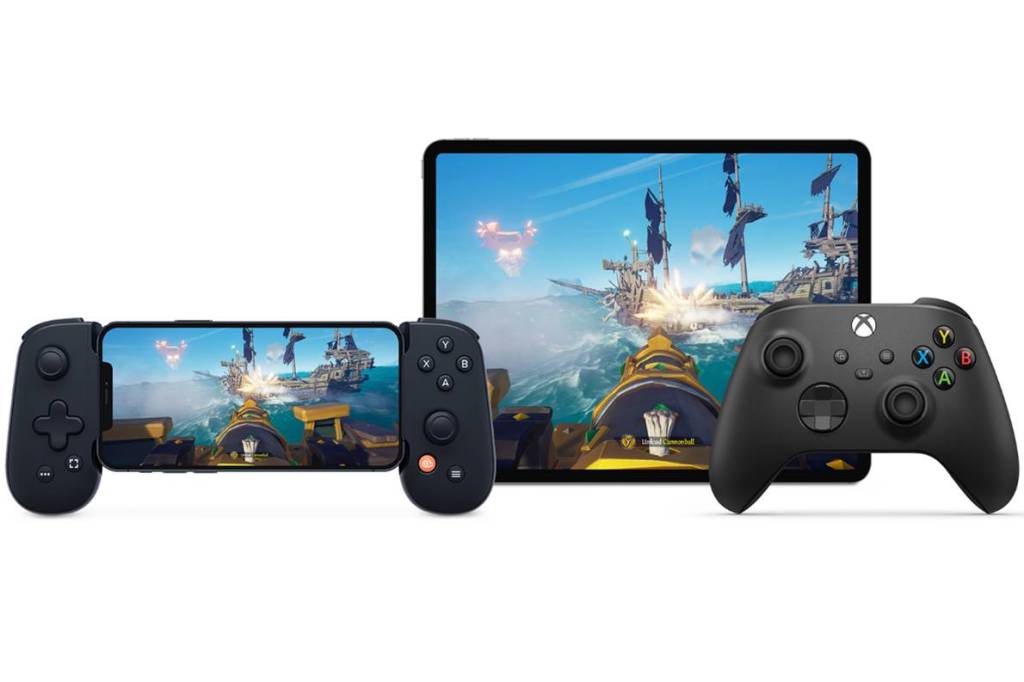Microsoft Xbox streaming console: will it ever happen?
Is the Xbox dongle dead?

It feels like we’ve been waiting a millennia for a dedicated Xbox streaming device (and Spotify HiFi) to drop.
Rumours of a standalone Xbox streaming console have been doing the rounds for a while now. Not that you’re short on ways to play already: Xbox Game Pass Ultimate is available on full-fat Xbox consoles, PCs, smartphones, tablets and smart TVs. But a dongle or streaming box similar to an Apple TV or Amazon Fire TV Cube comes with obvious benefits. Playstation has gone portable, why can’t we have Xbox on the go?
It’s a fact that Microsoft was indeed working on such a device – but the firm also confirmed it has sine scrapped the project. Does that mean a standalone Xbox streaming console is off the cards forever? And what happened to cause the Xbox owner to throw in the towel? Here’s how the story unfolded.
Xbox streaming console: what was Keystone?
Microsoft originally confirmed it was working on dedicated streaming hardware in 2021. The device, codenamed ‘Keystone’, was supposed to offload the entire gaming experience to the cloud, and could be connected to any TV. It went through several redesigns, with the reasons behind such rejigs left unexplained. The implication was that Microsoft was working on a slimmed-down version of Windows, rather than rely on pre-existing software.
Keystone’s existence was effectively outed in October, when head of Xbox Phil Spencer published a photo of his book shelf to Twitter. Harmless enough, right? Nope. On that shelf was a suspicious white box that eagle-eyed followers believed to be an Xbox Cloud device prototype. The official Xbox account replied to the original tweet, saying “Now what did we say about putting old prototypes on your shelf boss.”
Later that month, however, Spencer told the WSJ Tech Conference that the white box was indeed a prototype for the Xbox streaming system – but it had been put on ice in favour of a partnership with Samsung, which saw Xbox Cloud Gaming built into the firm’s smart TVs.
Spencer more recently told The Verge’s Decoder podcast that Keystone’s shelving was mainly down to cost. Microsoft was aiming for a retail price between $99 and $129, but simply couldn’t hit the mark.
“It [Xbox streaming device] was more expensive than we wanted it to be when we actually built it out with the hardware that we had inside,” Spencer said. “We decided to focus that team’s effort on delivering the smart TV streaming app.”
Will we get something else instead?

For now, Microsoft are concentrating pretty exclusively on its cloud gaming services. That’s to be expected, given the ongoing success of it. The Xbox cloud service cloud help Microsoft get its $69 billion Activision deal over the line, reported Forbes. Regulators have not yet approved the purchase, but if cloud gaming offers a ‘new industry’ it could help push the deal over the line.
That said, the UK government’s Competition and Markets Authority recently stated that it prevented approving the deal “over concerns the deal would alter the future of the fast-growing cloud gaming market, leading to reduced innovation and less choice for UK gamers over the years to come.”
How does Xbox streaming on Samsung smart TVs work?

The Samsung deal gives anyone with certain Samsung smart TVs (and an Xbox Game Pass Ultimate subscription) instant access to over 100 Xbox games, even if they don’t have an Xbox console. You only need a Bluetooth controller to get started – yes, even a PS5 Dual Sense controller will fit the bill.
Once controller and TV are paired, and the Xbox app downloaded on Samsung’s Tizen smart TV operating system, you can log in with your Xbox account and start streaming straight away. You can expect 1080p resolution at 60fps as long as you’ve got a fast enough internet connection. Wi-Fi will do, but you’ll have a more consistent experience with an Ethernet cable.
At £10.99/$15 a month it’s a tempting proposition for gamers that haven’t made the jump to current-gen hardware, but want to get a taste of Forza Horizon 5, Halo Infinite or Microsoft Flight Simulator. In our experience there’s very little in the way of input lag, and the visuals hold up well too.
The only downside? At the start of the partnership, you needed a Samsung TV or smart monitor from 2022 (or newer) to get involved. The Xbox cloud streaming app is now filtering down to Samsung’s 2021 models, which means more people should be able to access it.
Will an Xbox streaming console ever happen?

That’s fine for anyone who already owns a fresh Samsung telly, but no good for the rest of us – either because we’ve recently picked up a rival manufacturer’s model, or don’t have the funds to replace an existing set. And when a major pro for cloud gaming is its affordability, shelling out for a brand new TV seems counterproductive.
Microsoft could secure more partnerships with other TV brands, and Samsung could filter down support to its older models, but we still reckon more people would buy an Xbox streaming device over a brand new TV had Microsoft actually produced one.
To us, an Xbox streaming stick seems like a no brainer. Admittedly, we may not be product designers, and we don’t run a multi-billion dollar tech company. But the Xbox Game Pass greatly overshadows competing services from Sony and Amazon, and in February expanded the service to 40 new countries. In March, Paradox revealed a mega partnership with Microsoft that will bring Cities Skylines 2, Crusader Kings 3: Tours and Tournaments, Surviving the Aftermath: Rebirth and more to Game Pass subscribers.
Phil Spencer did at least extend one small olive branch, saying Microsoft will probably launch an Xbox device at some point – although he also indicated it could still be years away. An Xbox dongle would be a cheap alternative for gamers and could capitalise on the demise of Google Stadia, too. But for now, the Xbox dongle is dead. Long live…whatever might come next.


